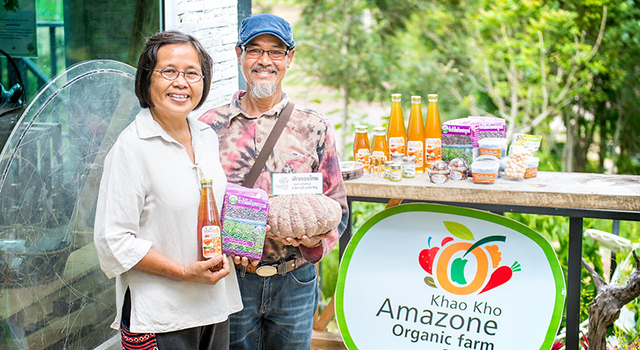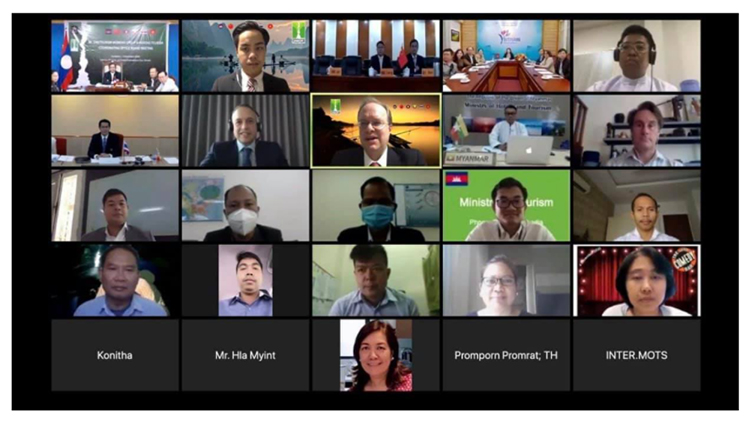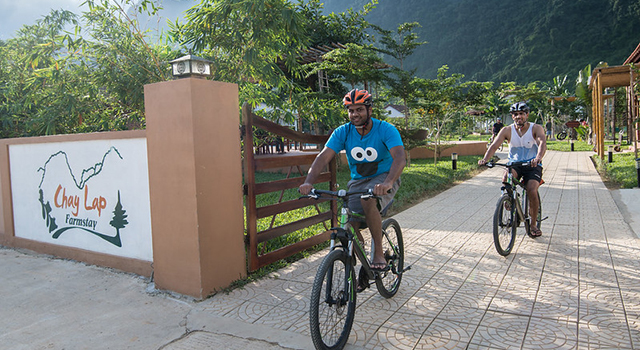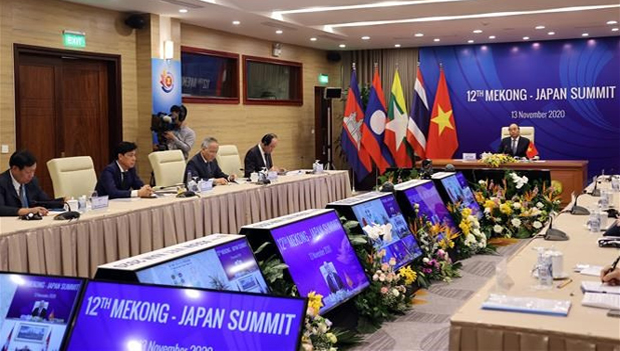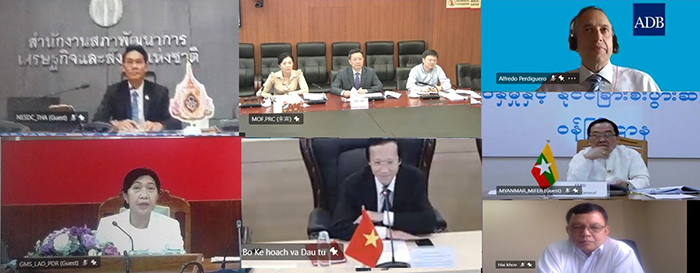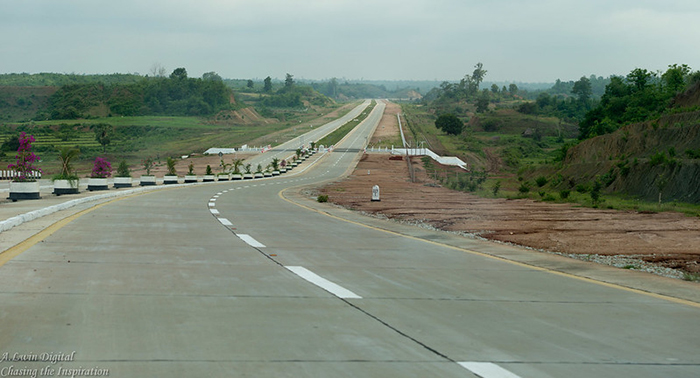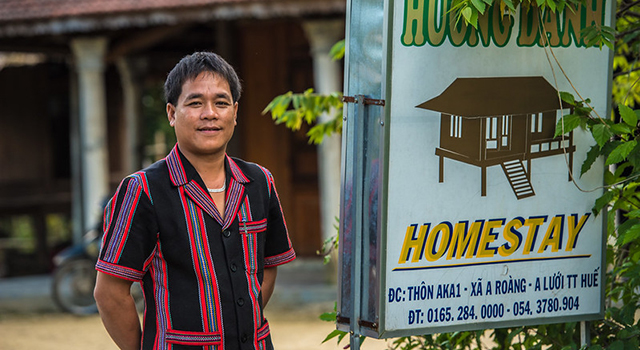
The Greater Mekong Subregion Sustainable Tourism Development Project funded by ADB developed homestay service, catering services and tours in Viet Nam. Photo by ADB.
Experience Mekong Showcases 2021 Opens Voting for Nominated Mekong Businesses
The Mekong Tourism Coordinating Office (MTCO) is inviting the public to vote for their favorite Greater Mekong Subregion (GMS) small businesses to determine the six final businesses that will be recognized for the 2021 Experience Mekong Showcases. The public gets to learn about and choose from the 72 finalists from the Experience Mekong Showcases voting page.

